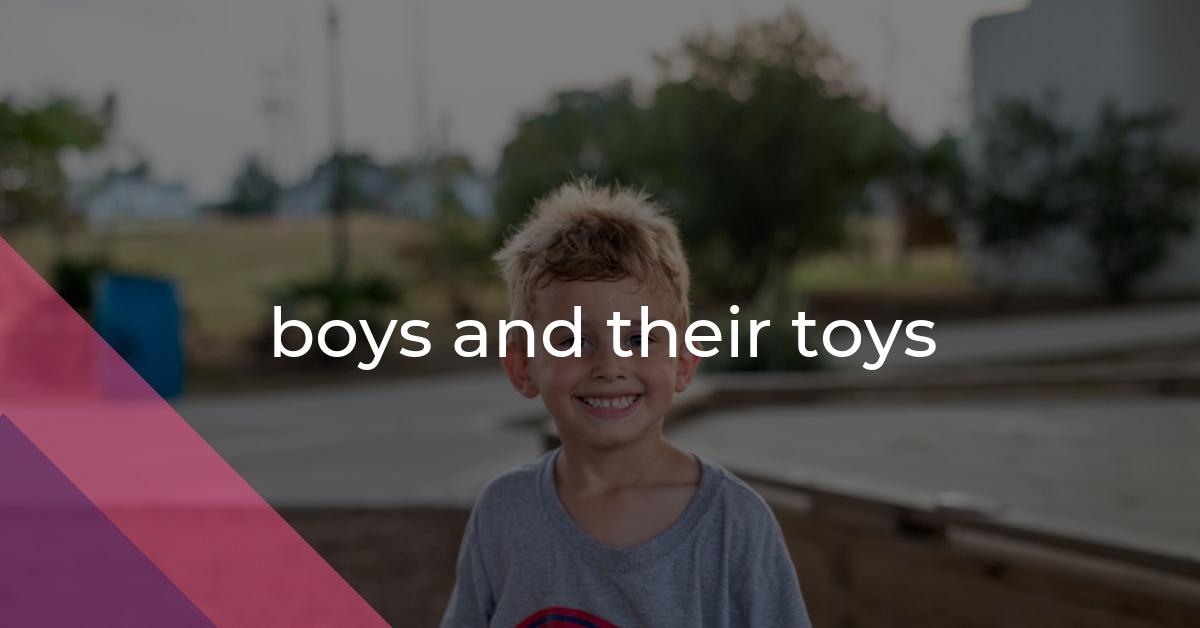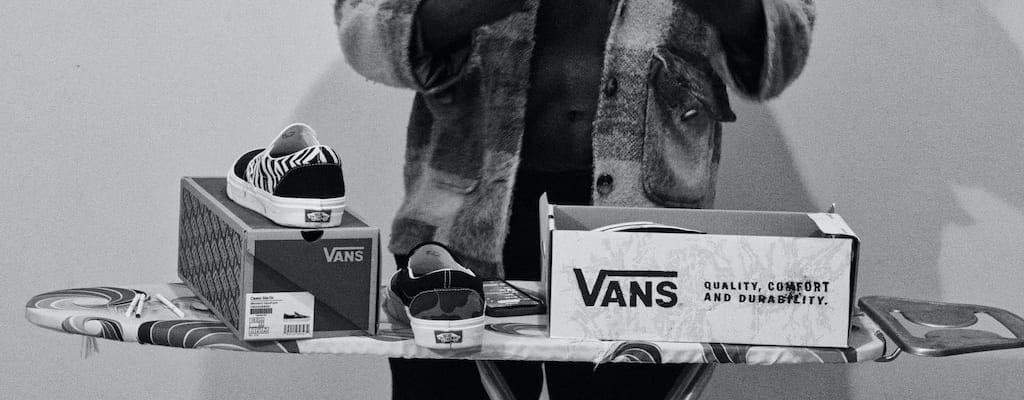boys and their toys: Idiom Meaning and Origin
What does ‘boys and their toys’ mean?
The idiom boys and their toys refers to the tendency of males, typically but not exclusively, to have a fascination with gadgets, hobbies, or other objects considered more typically associated with masculinity, often to the point of obsessiveness or excessive spending.

Idiom Explorer
The idiom "jet set" refers to a group of wealthy and fashionable people who frequently travel by jet to glamorous destinations. This term is often used to describe a luxurious and extravagant lifestyle associated with socializing in high-class circles.
The idiom "go overboard" means to go to great or excessive lengths, often beyond what is necessary or reasonable. It implies an extreme or exaggerated action or behavior, often resulting from enthusiasm or excitement.
The idiom "good old boy" refers to a person, typically a man, who is seen as trustworthy, loyal, and part of a close-knit community or group. It often implies that this person follows traditional values and has influence or connections within that community.
The idiom "God's gift to women" is used to describe a man who believes he is incredibly attractive or desirable to women. It implies that he sees himself as a special or superior gift from God to women.
The idiom "finer things" refers to high-quality or luxurious items or experiences, often associated with wealth or sophistication.
The idiom "family jewels" refers to a person's most valuable possessions or assets, typically inherited or passed down through generations.
The idiom "everything and the kitchen sink" means including every possible thing or item, often used to describe a situation or a collection that is excessive or overloaded.
The Magnetic Attraction
When it comes to the idiom "boys and girls," it is often used to refer to children or individuals of all genders. This idiom emphasizes that all individuals, regardless of their gender, can have similar interests, behaviors, or characteristics. In the context of "boys and their toys," this idiom suggests that the fascination and enthusiasm for gadgets and playthings is not limited to just boys, but can be enjoyed by individuals of all genders.
The idiom "boy toy" is used to describe a young woman who is perceived to be used or exploited by an older man for his enjoyment or pleasure. This idiom is often used to highlight power dynamics, objectification, or the unequal and inappropriate nature of such relationships. While this idiom is not directly related to the concept of "boys and their toys," it does offer an interesting contrast by highlighting the negative implications and consequences of objectifying individuals.
When it comes to "boys and their toys," it's important to recognize that the idiom is not limited to just children or young boys. It applies to men of all ages who have a particular fascination with gadgets and playthings. This could include anything from cars and video games to tools and collectibles. The idiom suggests that this interest is deeply ingrained and can transcend age and societal expectations.
When individuals engage with their preferred hobbies or interests, whether it be car racing or video gaming, there is often a sense of enthusiasm and genuine enjoyment. This is where the positive aspect of "boys and their toys" comes into play. It acknowledges and celebrates the excitement and pleasure that individuals experience when indulging in their hobbies. This enjoyment can be a source of fulfillment and happiness in one's life.
However, it's also important to recognize the potential negative aspects of the idiom. When "boys and their toys" is used in a negative context, it can highlight the criticism or disapproval towards individuals who prioritize their hobbies or possessions over more serious matters or responsibilities. It suggests that some individuals might become overly consumed or preoccupied with their toys, neglecting other important aspects of their lives such as relationships, work, or personal growth.
At its core, the idiom "boys and their toys" reflects the enduring association between men, regardless of age, and their fascination with gadgets or playthings. It acknowledges the unique enjoyment and passion that individuals may experience while engaging with their preferred interests. However, it also serves as a cautionary reminder to strike a balance between indulging in one's hobbies and fulfilling other responsibilities.
In today's society, the idiom "boys and their toys" can also highlight the evolving nature of gender roles and expectations. It challenges traditional gender stereotypes by emphasizing that the enjoyment of gadgets and playthings is not limited to just one gender. It encourages inclusivity and recognition of individual interests and passions, irrespective of gender.
Ultimately, the idiom "boys and their toys" reminds us of the importance of maintaining a well-rounded and satisfying life. Embracing and enjoying one's hobbies and passions is crucial for personal fulfillment, but it should not come at the expense of other aspects such as relationships, work, or personal growth. Striking a balance ensures that individuals can lead a more well-rounded and fulfilling life.
Whether we use the idiom "boys and girls" or consider the negative implications of the idiom "boy toy," it is evident that "boys and their toys" is a widely recognized expression that captures the fascination and enjoyment individuals, regardless of their age or gender, can have with gadgets, playthings, and hobbies. It celebrates the passion and enthusiasm individuals feel when engaging in their preferred interests, while also cautioning against becoming too consumed by them. As we navigate the complexities of life, it's important to remember that happiness and fulfillment lie in finding a balance that allows us to indulge in our hobbies while still fulfilling our other responsibilities and obligations.
Example usage
Examples of how the idiom "boys and their toys" can be used in a sentence:
- He spent all his money on the latest gaming console and accessories - typical case of "boys and their toys."
- The group of friends were engrossed in their remote-controlled cars, proving the saying "boys and their toys" to be true.
- Despite being adults, they couldn't resist buying action figures and collectibles, showcasing the concept of "boys and their toys."
More "Slang" idioms



